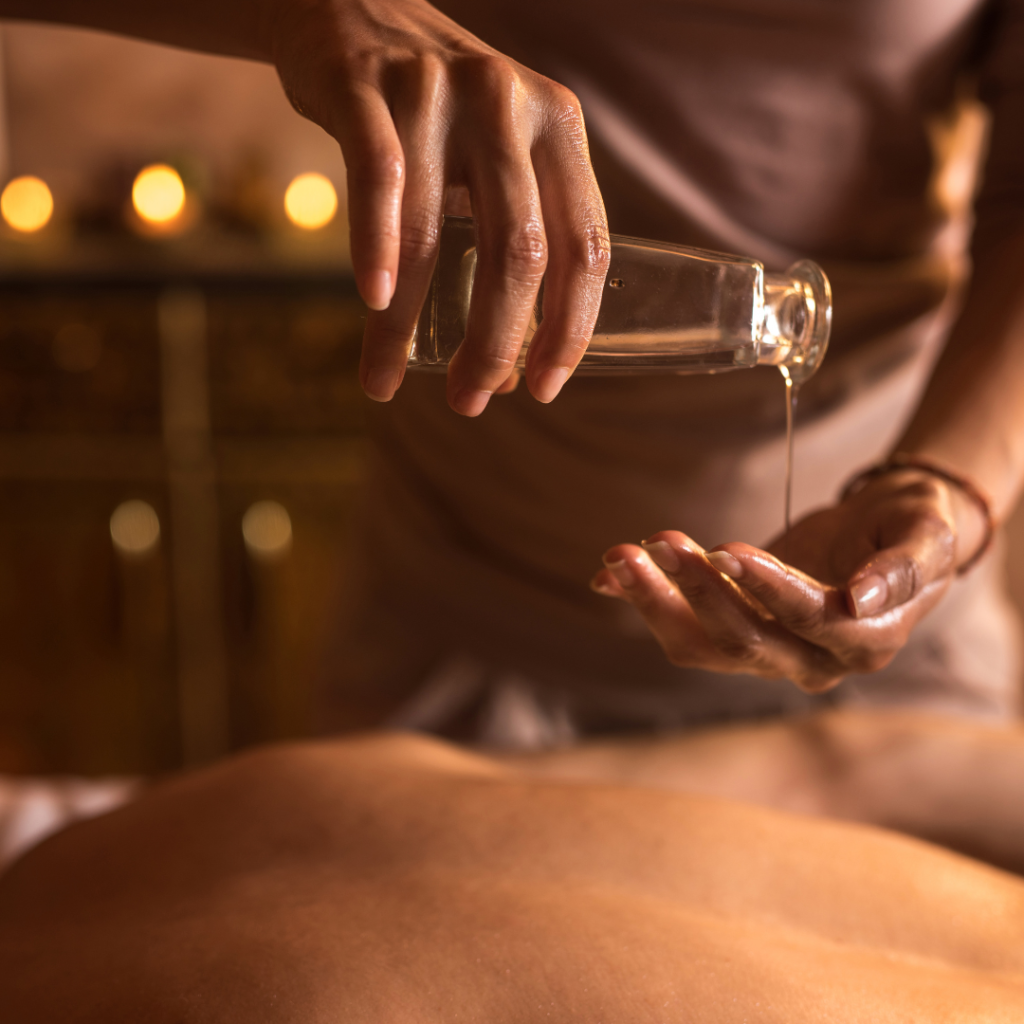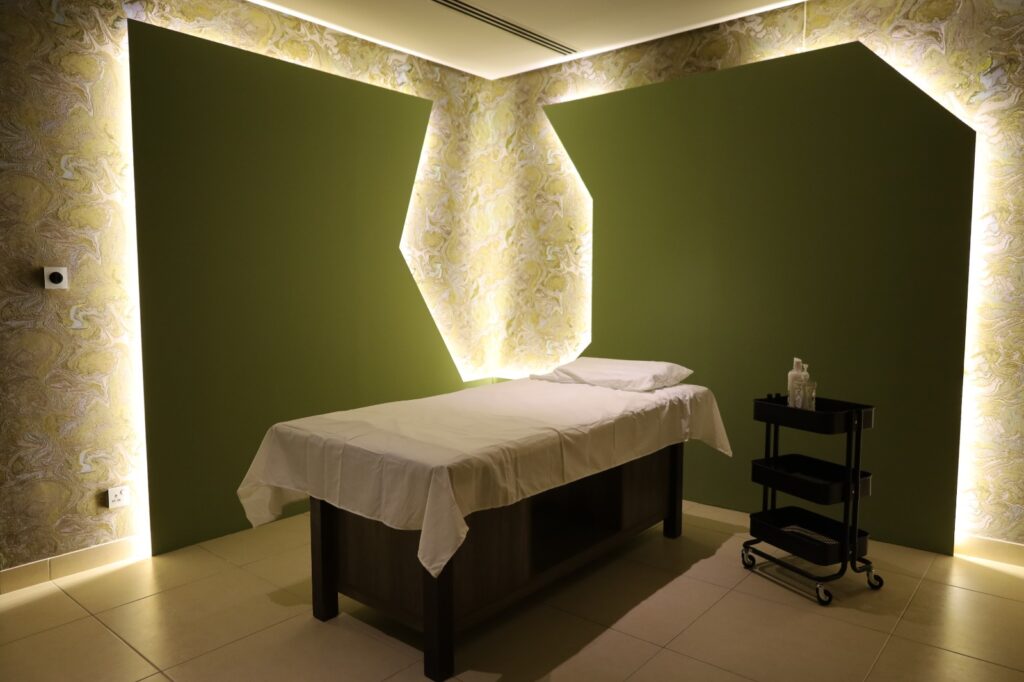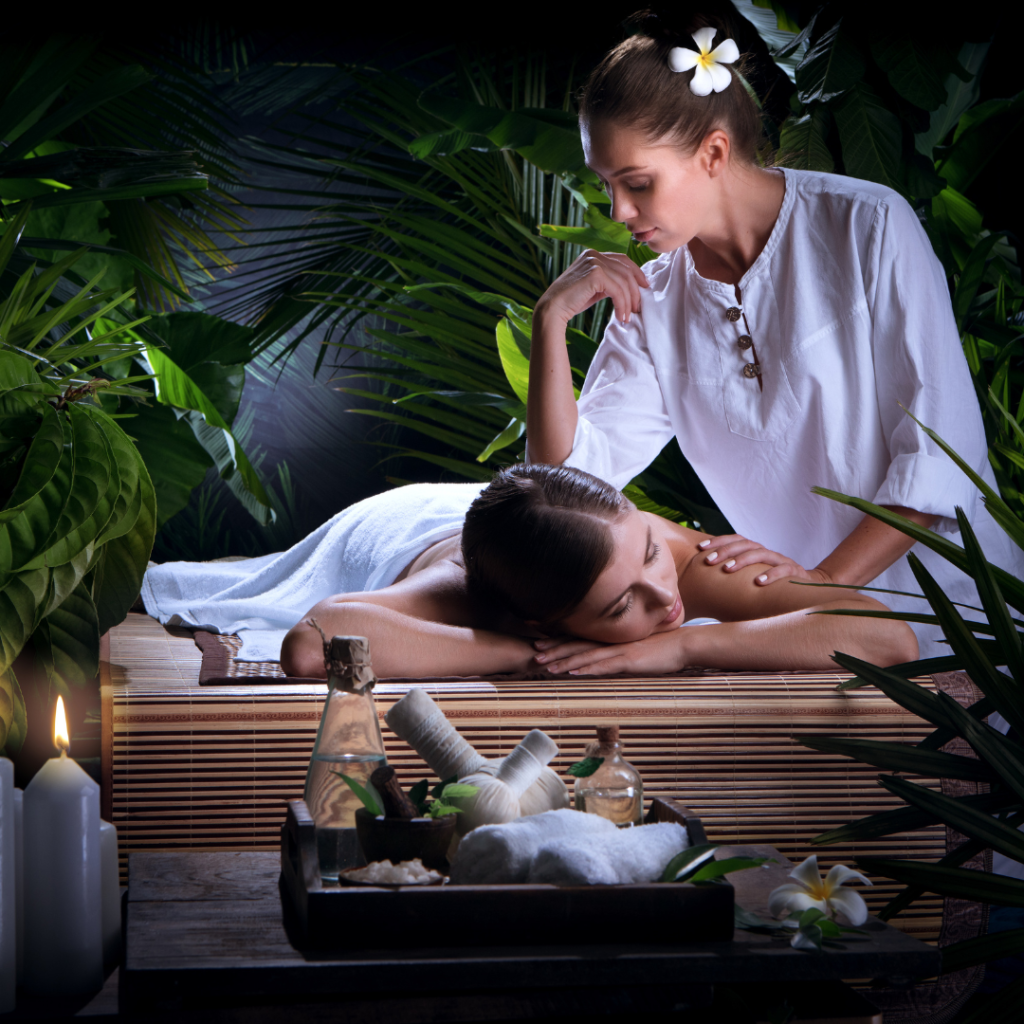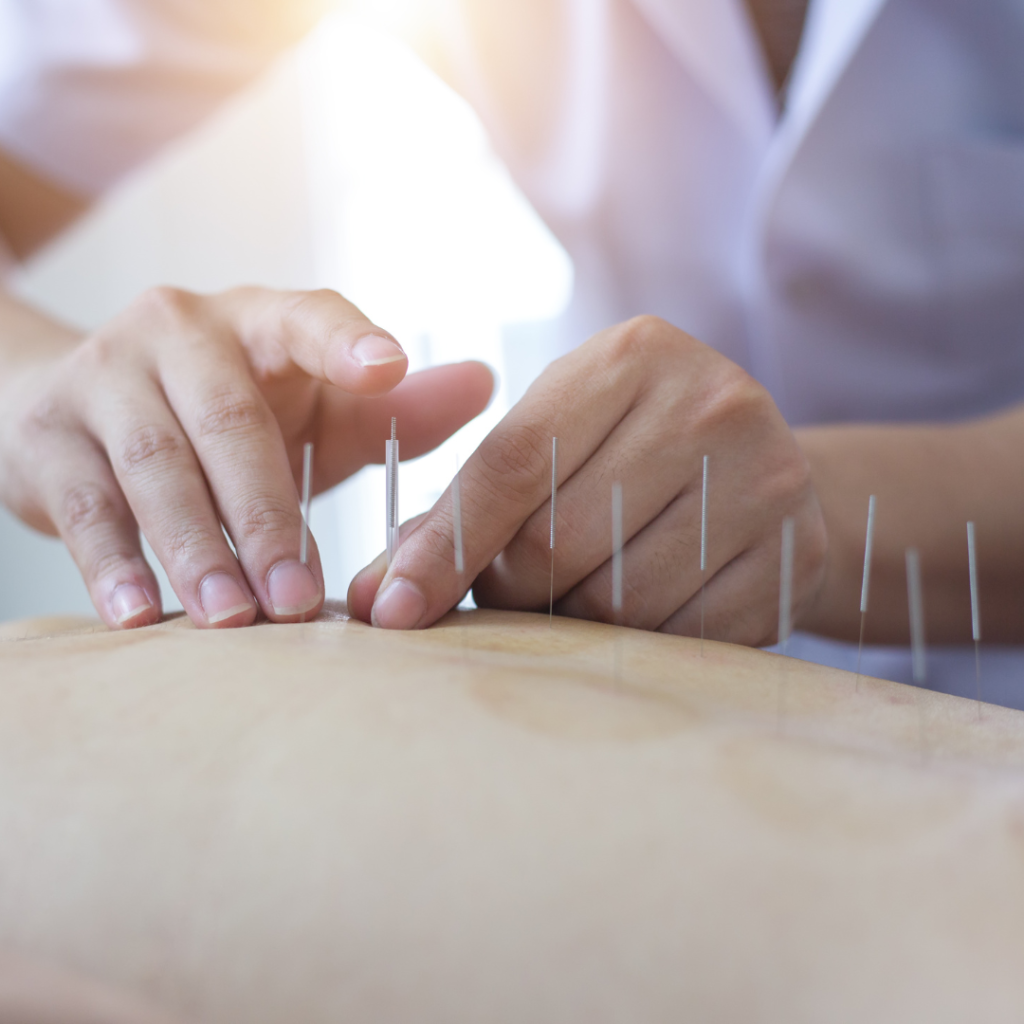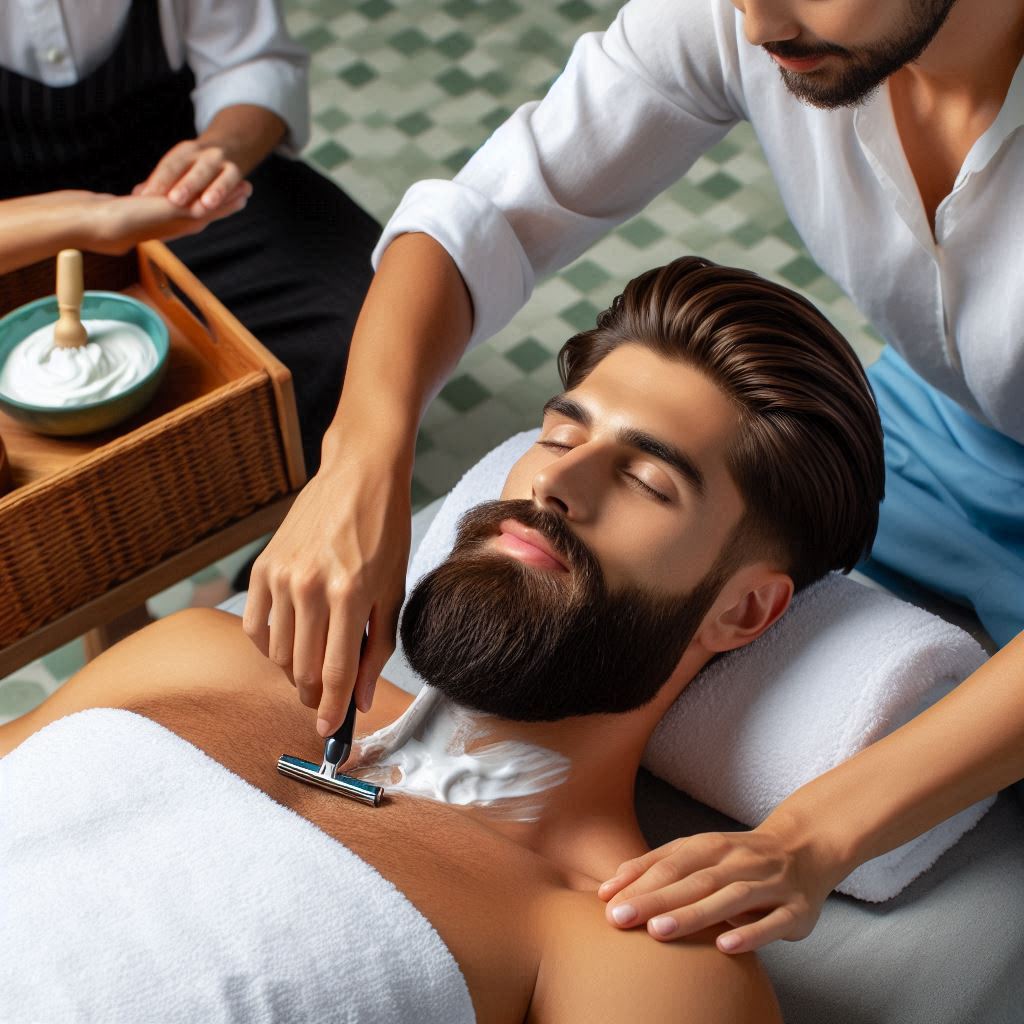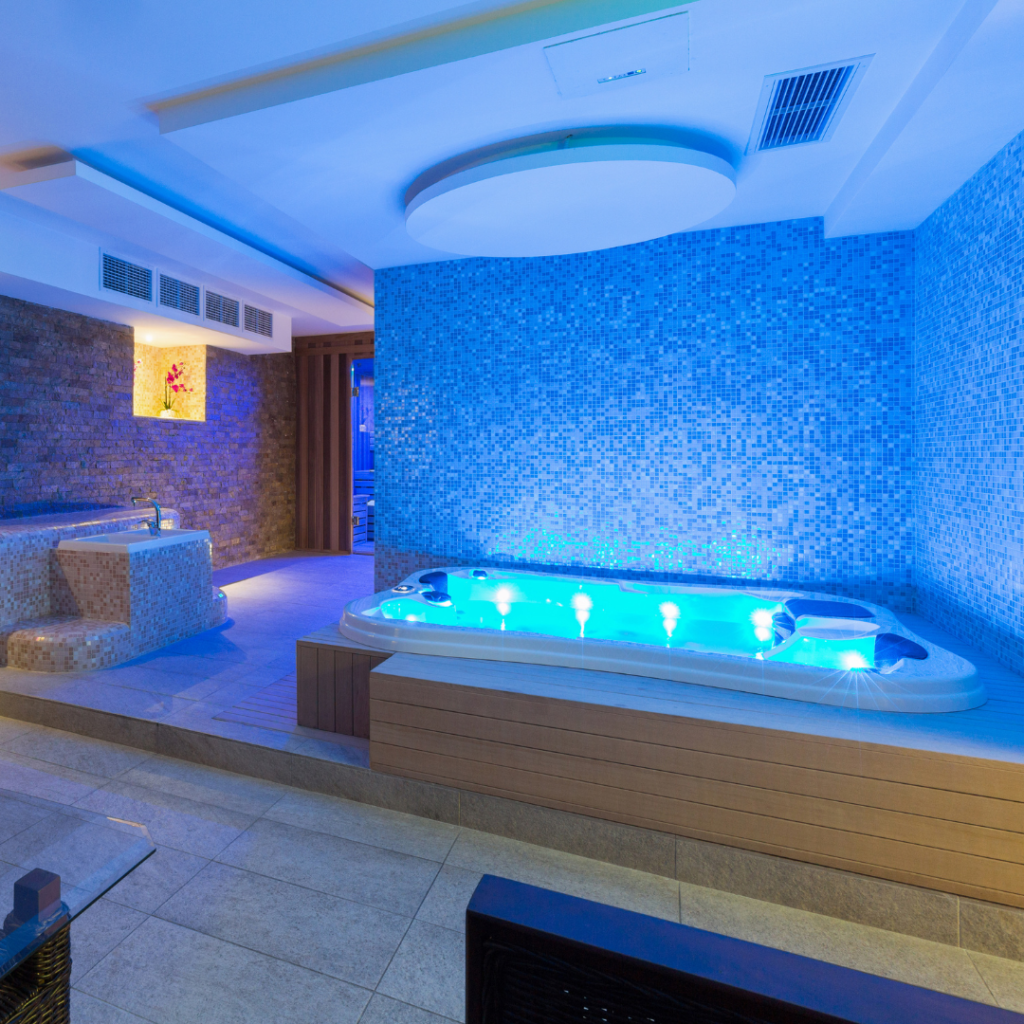Table of Contents
What is Oriental Massage? An In-Depth Exploration
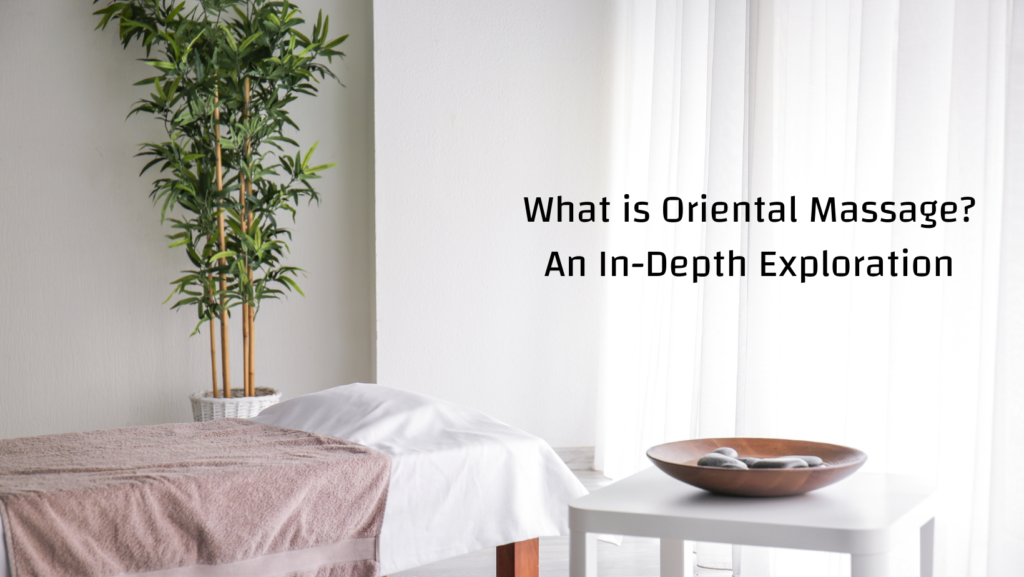
Throughout history, massage therapy has played a pivotal role in human culture. Across various civilizations, notably, these therapies have manifested in diverse forms and techniques. Among these, Oriental massage, deeply rooted in Asian traditions, stands out. Not only does it offer relaxation, but it also serves as a conduit to holistic healing and balance.
The Roots of Oriental Massage
Initially, the term “Oriental massage”, which is also referred to as Asian massage, draws its origins from several eastern countries like China, Japan, Korea, and Thailand. Each of these nations, over time, has honed its distinct massage techniques. However, they converge on a shared principle: the profound belief in the body’s intrinsic energy system.
The Underlying Philosophy of Oriental Massage
Oriental massage, deeply rooted in ancient traditions, stems from a profound understanding of the human body, mind, and spirit as a holistic entity. The philosophies and practices that have shaped this healing method over millennia are centered on the belief in the interconnectedness of all elements within and around us.
The Life Force: Qi and Ki
At the core of Oriental massage is the understanding of the body’s vital energy, often referred to as ‘Qi’ (pronounced as ‘chee’) in Chinese medicine and ‘Ki’ in Japanese traditions. This energy is not just a metaphorical or philosophical concept but is regarded as a tangible force that sustains life and maintains balance within the body. Comparable to the concept of ‘prana’ in Indian Ayurveda, Qi or Ki represents the animating force that flows through all living things.
Channels of Energy: Meridians
The body is crisscrossed by a network of invisible channels or pathways known as meridians. It is through these meridians that Qi or Ki flows, reaching every organ, tissue, and cell. The health and vitality of a person are intrinsically linked to the unimpeded flow of this energy. Just as rivers irrigate the land, the meridians serve as conduits, ensuring that Qi circulates, nourishing and balancing the body.
Disruptions in the Flow
However, various factors such as stress, trauma, poor diet, sedentary lifestyle, or emotional disturbances can disrupt this harmonious flow. When blockages or imbalances in the energy channels arise, they can manifest in myriad ways – from physical discomforts like pain, stiffness, or illness to emotional and psychological disturbances such as anxiety, depression, or fatigue.
Diverse Types of Oriental Massages
- Shiatsu: Hailing from Japan, Shiatsu incorporates the application of pressure using fingers, thumbs, and palms on specific body points. Furthermore, it plays a vital role in regulating the energy flow and mitigating stress and pain.
- Tui Na: An integral part of Chinese therapeutic practices, Tui Na employs rhythmic compression along the body’s energy channels. Moreover, its focus isn’t solely on relaxation but extends to treating various physical conditions.
- Thai Massage: A gift from Thailand, this massage integrates stretches akin to yoga postures. In this method, the therapist often uses their body to guide the client through a series of positions, thereby deepening relaxation and invigorating the energy flow.
- Acupressure: This technique parallels acupuncture but operates without the needles. By applying pressure to designated points on the body, it aims to rejuvenate the body’s energy flow and promote healing.
Benefits that Oriental Massage Offers
- Stress Relief: At its core, by harmonizing the energy flow, these massages profoundly diminish stress levels.
- Pain Management: Many individuals, after experiencing Oriental massages, have reported relief from chronic pain, especially those pertaining to muscles and joint issues.
- Enhanced Blood Circulation: One of the standout advantages of these techniques is the promotion of healthier blood circulation, which consequently boosts overall wellness.
- Emotional Equilibrium: By targeting both physical and emotional spheres, Oriental massages can indeed pave the way for emotional stability.
- Detoxification: Beyond the obvious, these massages also excel in extracting toxins from the body, thus revitalizing the individual.
In Conclusion
To sum up, Oriental massage transcends mere personal pampering. Embedded in age-old wisdom, it presents a fusion of both physical and emotional well-being. Whether you’re a newcomer to the world of massage or a seasoned spa aficionado, introducing yourself to Oriental massage might unveil a realm of relaxation and harmony previously uncharted.
(Note: While massages proffer numerous benefits, it’s crucial to remember they aren’t a substitute for medical treatments. It’s always prudent to consult with a healthcare professional for health-related concerns).
What is Oriental massage?
Oriental massage refers to a variety of massage techniques originating from Asian countries like China, Japan, Korea, and Thailand. It encompasses methods such as Shiatsu, Tui Na, Thai Massage, and Acupressure, focusing on holistic healing and balance.
What is the underlying philosophy of Oriental massage?
The underlying philosophy of Oriental massage is rooted in the belief in the interconnectedness of the body, mind, and spirit as a holistic entity. It centers around the concept of vital energy, known as Qi or Ki, flowing through channels called meridians, and aims to restore balance and harmony.
What are some common types of Oriental massages?
Some common types of Oriental massages include Shiatsu, Tui Na, Thai Massage, and Acupressure. Each technique utilizes specific methods such as pressure points, rhythmic compression, stretches, or targeted pressure to promote relaxation, alleviate pain, and restore energy flow.
What benefits does Oriental massage offer?
Oriental massage offers various benefits, including stress relief, pain management, enhanced blood circulation, emotional equilibrium, and detoxification. These massages not only address physical discomforts but also promote overall well-being by harmonizing the body’s energy flow.
Is Oriental massage a substitute for medical treatments?
No, Oriental massage is not a substitute for medical treatments. While it provides relaxation and holistic healing, it’s essential to consult with a healthcare professional for any health-related concerns or conditions.
Read More: oriental massage How to do aromatherapy massage What is Neuromuscular Massage? What is a Full Service Massage ?

